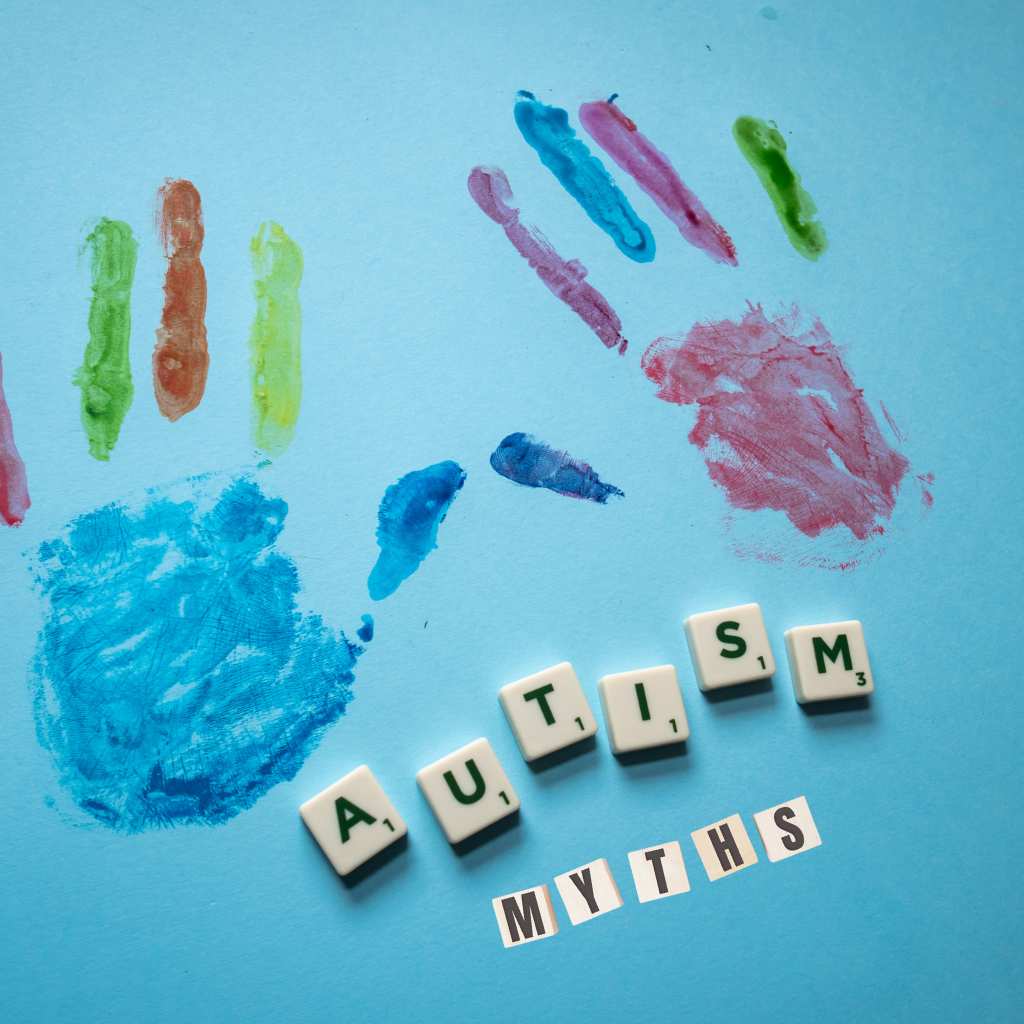Table of Contents
What is the cultural stigma of autism?
For many families navigating autism spectrum disorders (ASD), persistent stigma creates invisible barriers that prevent children from receiving timely diagnoses and essential support services. While this challenge affects families of all backgrounds, it can be evident in Latino communities, where cultural beliefs, generational expectations, and systemic inequities intersect.
Stigma in autism manifests differently across cultures, but its harmful effects are consistent: delayed diagnoses, reduced access to services, and increased family isolation. Research from the Journal of Developmental and Behavioral Pediatrics shows that children from Latino communities receive autism diagnoses on average 2.5 years later than their non-Hispanic white counterparts.
Understanding how autism stigma specifically impacts Hispanic families requires looking at the intersection of cultural values, community expectations, and deeply rooted misconceptions about disability and child development. Let’s explore this issue in this blog by ABA Centers of New Jersey.
What Contributes to the Autism Stigma in the Latino Community?

Within many Latino communities, traditional values around parenting, discipline, and family reputation create complex dynamics when a child displays behaviors associated with autism spectrum disorders. Stigma in autism often stems from deeply embedded cultural beliefs that equate successful parenting with well-behaved, socially compliant children who reflect positively on their families.
When children exhibit characteristics such as limited eye contact, communication delays, sensory sensitivities, or difficulty with social interactions, community members may interpret these differences as parenting failures rather than neurological variations. Parents frequently hear hurtful comments suggesting their child is “spoiled,” lacks proper discipline, or that the family has somehow failed in their child-rearing responsibilities.
Community Perception and Family Reputation
In many Latino communities, families place a strong emphasis on reputation and community standing. Autism stigma becomes particularly challenging as families worry that others might misunderstand their child’s diagnosis or view it as a reflection of their parenting. This concern about how the community perceives them can lead to:
- Social isolation – Families withdraw from gatherings and community events.
- Delayed help-seeking – Fear of judgment from extended family and neighbors discourages early intervention.
- Internal family conflict – Different generations hold conflicting beliefs about autism.
- Secrecy around diagnosis – Some keep the diagnosis private to “protect” the family’s reputation.
Cultural Beliefs and Understanding
Different communities may have varying understandings of developmental differences, and some families may initially seek explanations that align with their cultural or spiritual worldview. While faith and cultural beliefs can provide tremendous support and strength for families, misunderstandings about autism’s neurobiological nature can sometimes delay professional evaluation or create internal conflict about pursuing evidence-based treatments.
Research published in the Journal of the International Society for Autism Research reveals how cultural beliefs and misconceptions create overwhelming pressure for families to keep diagnoses private, sometimes even from extended family members who might otherwise provide crucial support.
Persistent Misconceptions and Harmful Myths
Autism stigma within Latino communities is often fueled by misconceptions that persist despite growing awareness about ASD. These myths create barriers to understanding and acceptance while promoting harmful stereotypes about the condition and parenting. These include:
Vaccine-Related Causation: Despite extensive scientific evidence debunking any connection between vaccines and autism, some community members continue to believe that childhood immunizations cause autism spectrum disorders.
Parenting Blame: Many people incorrectly attribute autism to parental factors such as lack of affection, inadequate discipline, or emotional neglect. This “refrigerator mother” theory, though scientifically disproven decades ago, continues to circulate in some communities.

Punishment or Curse Beliefs: Some families may interpret their child’s autism as punishment for past actions or spiritual shortcomings, creating additional layers of guilt and shame that complicate the acceptance process.
Recovery Expectations: Misconceptions about autism being a temporary condition that children can “outgrow” with enough effort or intervention can lead to unrealistic expectations and disappointment when children don’t “recover” completely.
Systemic Barriers Compounding Cultural Challenges
Beyond cultural factors, Latino communities encounter complex systemic obstacles and racial disparities that reinforce autism stigma and limit access to appropriate services. These barriers create additional challenges for families already struggling with cultural misconceptions and community pressure. Some of these extra barriers for the Hispanic community might include:
Language and Communication Barriers
Language barriers represent one of the most significant obstacles facing Hispanic families seeking autism-related services. According to the Journal of Racial and Ethnic Health Disparities findings, fewer than 10% of pediatric healthcare providers offer developmental screenings in Spanish, leaving families without access to essential early evaluations in their preferred language.
This communication gap affects multiple aspects of care:
- Misunderstanding cultural and linguistic nuances affects diagnostic accuracy.
- Families struggle with treatment compliance when they don’t fully understand intervention recommendations.
- Progress monitoring suffers when we misinterpret cultural differences in child-rearing practices.
- Family training loses effectiveness when we don’t explain therapeutic techniques in culturally relevant ways.

Financial and Insurance Challenges
Economic pressures compound stigma in autism by creating situations where families must prioritize immediate needs over long-term therapeutic interventions. The Journal of Autism and Developmental Disorders indicates that nearly 40% of caregivers in Latin America report economic difficulties due to autism-related expenses, and similar financial strains affect many Hispanic families in the United States.
ABA Centers of New Jersey: Culturally Competent Care
At ABA Centers of New Jersey, we understand that addressing stigma in autism requires clinical expertise, but also cultural humility, community partnership, and unwavering commitment to family-centered care.
Our comprehensive approach combines evidence-based ABA therapy with culturally responsive practices that honor each family’s unique background and values.
Ready to learn more about culturally responsive autism services?
Contact ABA Centers of New Jersey today at (855) 640-7888 or schedule a free consultation online to discover how our bilingual, culturally competent team can support your family. We’re here to provide comprehensive ABA therapy services that honor your cultural values while helping your child thrive.
Whether you’re seeking initial evaluation, ongoing therapy services, or need culturally appropriate resources and support, our experienced team understands the unique challenges facing Latino communities. It is committed to providing respectful, effective care that makes a meaningful difference in your family’s journey.







